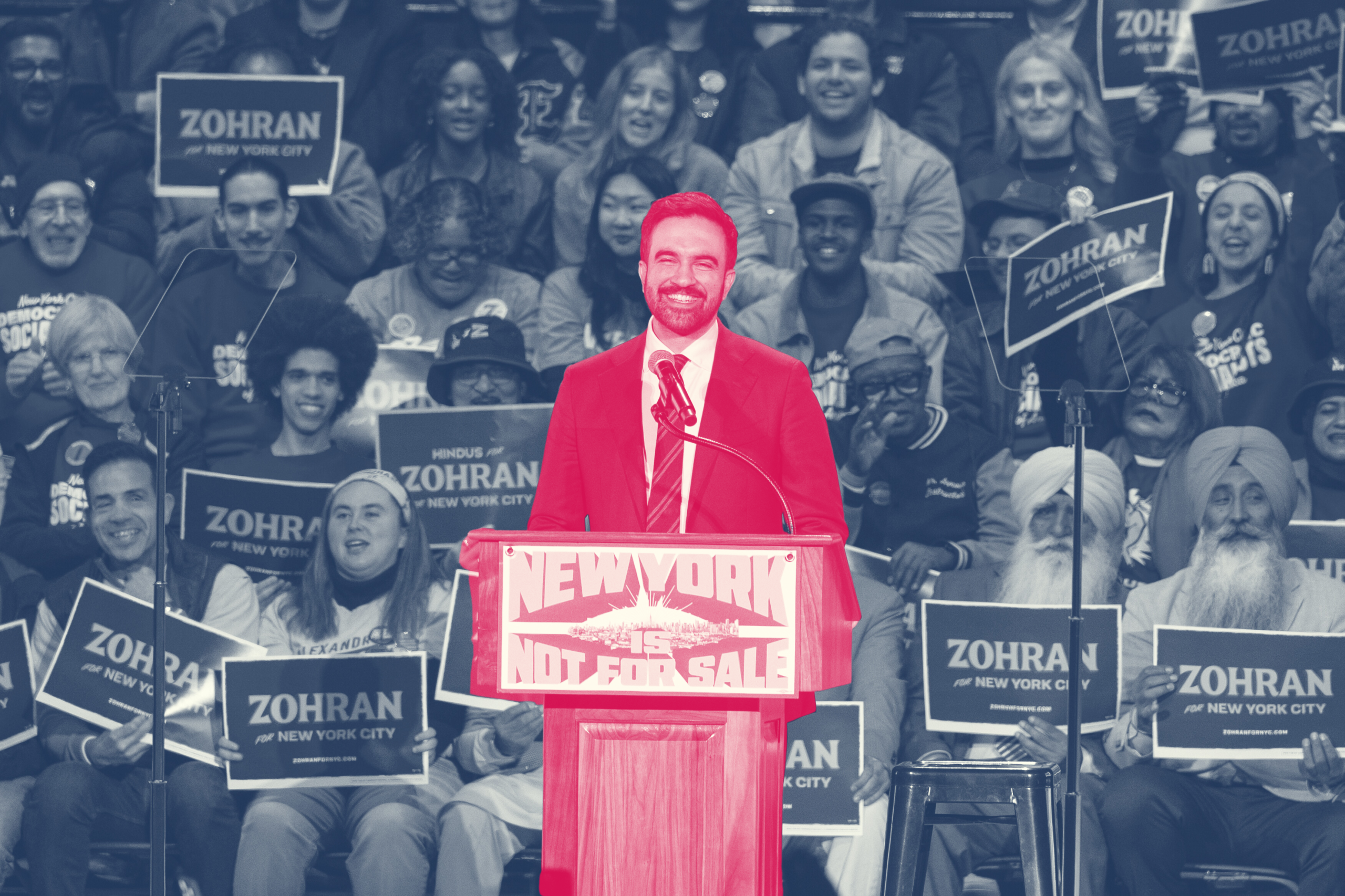

The adage that ‘America eventually does the right thing after exhausting all other options’ is apocryphally, and probably falsely attributed to Winston Churchill. Churchill or at least his bust, is back in the Oval office after being removed by Biden. He was restored by Donald Trump, the president who – regardless of the attribution – seems determined to test this good quip to destruction.
Trump’s amoral and often counter-productive foreign policy is not the first difference or cleavage in transatlantic relations. There’s a memorial I once saw in the Pentagon to those who fell in World War Two – dated 1941-1945 – when it began in 1939 for most others.
But America’s defence of Europe was then solid, despite disagreements on the Suez crisis in 1956 and on Vietnam. Trump’s reordering of relations with the world is as profound as his authoritarian Caesarian governance at home.
The UK and Europe have so far averted an abrupt rupture with the US, which would have required further immediate increases in defence spending. But we should defend ourselves and that requires immediate action given the time it takes to rearm. If America has become unreliable, Europe must take action, as we did slowly at first but more and more quickly now.
Trumpism may turn out to be relatively ephemeral if the American Democrats get their act together, but they probably cannot entirely or quickly reverse the trend if they win.
In the meantime, the world is being rocked by American commissions and omissions. The autocratic axis of upheaval – the counter-hegemonic alliance of China and its satraps, Russia, Iran, and North Korea as well as others that are on for the ride for now at least – has been given a shot in the arm by Trump’s “blunt force diplomacy” and “percussive negotiation.” China is flexing its muscles as we saw in its recent showy military parade although its army has no recent battlefield experience. China has also reportedly filched data on all American citizens and many Europeans too.
We cannot know if Trump could yet turn on a sixpence or how resolute Russia will remain in its revanchist mission. There’s hope in my heart thanks to Ukraine’s nimble ability to make Russia pay for its aggression and stories of a failing Russian economy that may mean that its belligerent bluster precedes a deal. My head fears Putin cannot stop.
Sending many Russian drones into NATO member Poland’s airspace illustrates the risks of Russian recklessness.
So far, Keir Starmer’s shuttle diplomacy has been welcomed by many but seen as separate to his domestic policy. However, they are inextricably linked by increased security spending, the rapid spread of AI, and migration flows caused by conflicts and global warming.
Events could yet require quicker injections of defence spending that could be challenged by populists on the right and the left – Farage and Corbyn.
The Corbyn/Sultana alliance is split over transgender issues, Ukraine, and the Middle East. Mark Serwotka, the former PCS union leader was reportedly rebuked for his support for Ukraine and there are differences between those who favour a two or one state solution to the Israeli/Palestinian issue. That and the usual People’s Front of Judea shtick, no pun intended, may stifle its potential. Inshallah.
But Zach Polanski, the new Green leader and self-proclaimed eco-populist, is shaping up as a charismatic and articulate figure who wants to replace Labour. Some mock his association with hypnosis to enlarge the size of women’s breasts. He regrets this, but he should also recant any desire to reduce the size of NATO by advocating British withdrawal. Surely the lesson of Brexit is that now is not the time to leave collective organisations we need.
Popular support for higher defence spending, NATO and Ukraine cannot be taken for granted, not least among young people, as Evie Aspinall recently detailed and which may matter much more if the voting age is reduced to 16.
Labour needs to stick to our guns and there’s a strong case for grassroots European networks to bolster collective security. I am helping build one called the Prague Security Dialogue. We can learn lessons from the European Nuclear Disarmament (END) network that sought to build détente from below with annual conventions across Europe during the Cold War. I attended two in Helsinki/Tallin and then Moscow just as the coup against Gorbachev began in 1991. That unravelled the Soviet Empire with Estonia and other Baltic states as well as Ukraine securing their independence.
The end of the Cold War also delivered a peace dividend but necessary rearmament could spark a defence dividend in places making ammo and missiles for deterrence. A UCU to the TUC says that rearmament is not a suitable standalone foundation for national renewal. It’s a red herring and the motion swerves analysis of the Russian threat. The UCU motion was narrowly passed TUC although many unions still back Ukraine. Grace Blakeley in Tribune turns the phrase “military Keynesianism” into the quest for a “war economy.” We need to rebut such nonsense across the labour movement.
Defence Secretary John Healey paints a more nuanced picture. He writes that the Government’s new Defence Industrial Strategy will place the UK at the leading edge of innovation and ensure the defence dividend is felt in every region and nation. He argues that a strong, British defence industry, capable of innovating ahead of adversaries, could make defence an engine for growth in every region and nation of the UK.
Another apt adage is that if you want peace, prepare for war. Weakness invites further aggression. America may yet rejoin us in this necessary stance. Ourselves together is best but ourselves alone is a necessary starting point now for all Europeans.
For more on an underappreciated aspect of geopolitical security, shipping, see Securonomics and the Sea
Gary Kent is an international relations expert and Labour Party member. His column for PB highlights Labour's foreign policy challenges.
View all posts